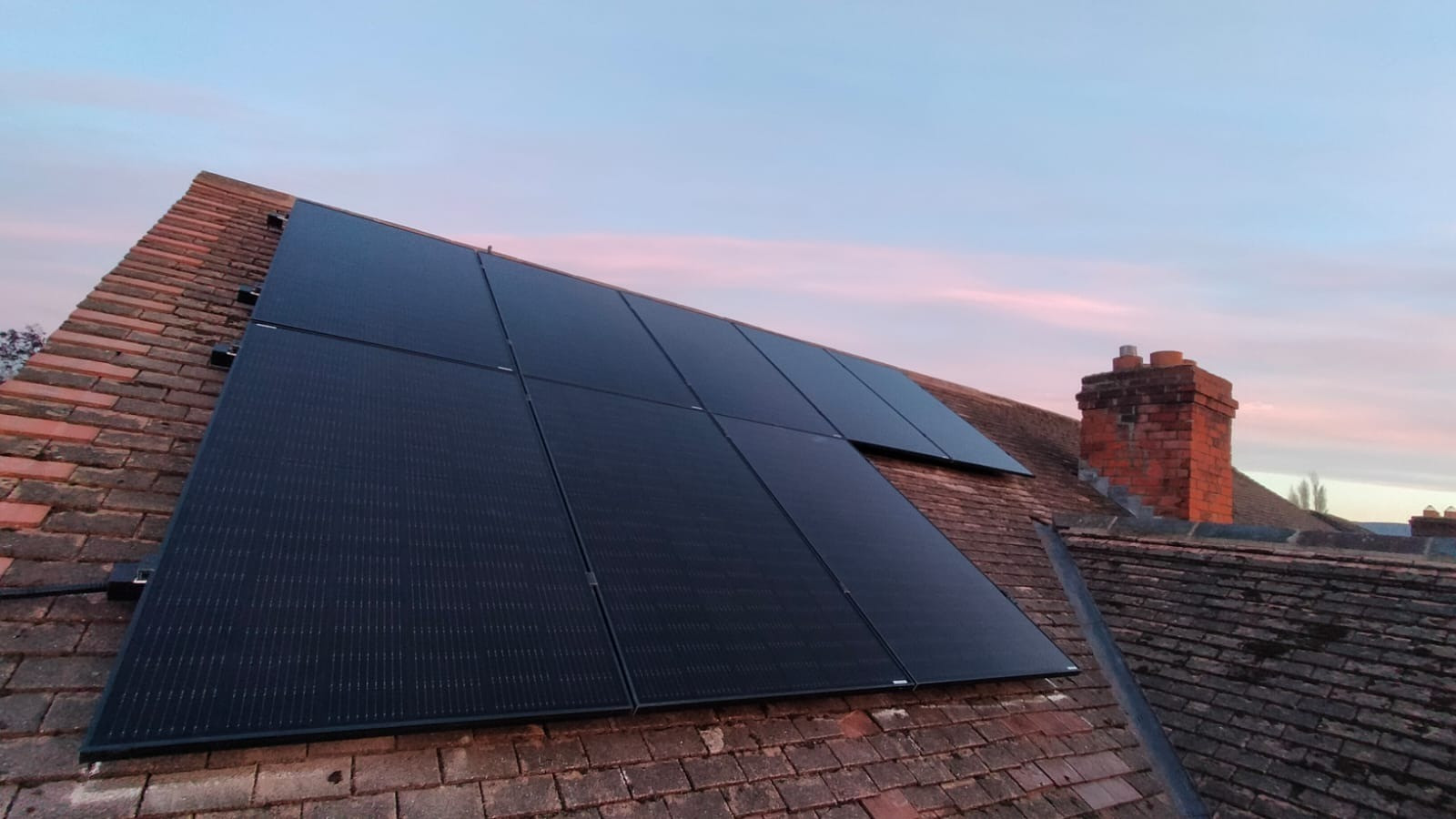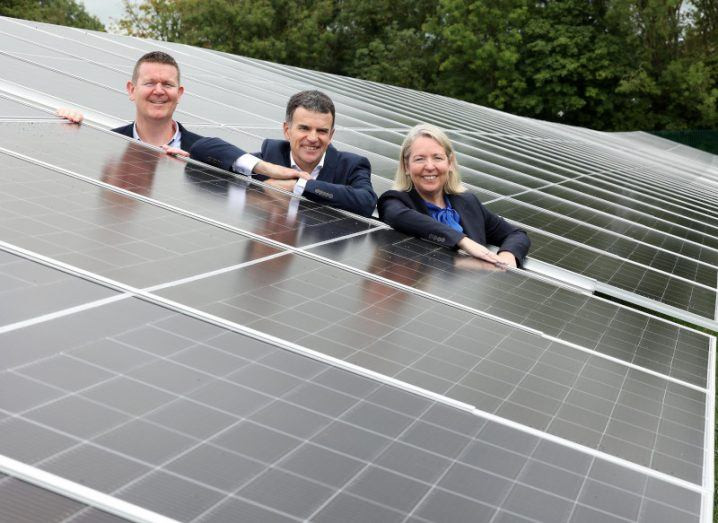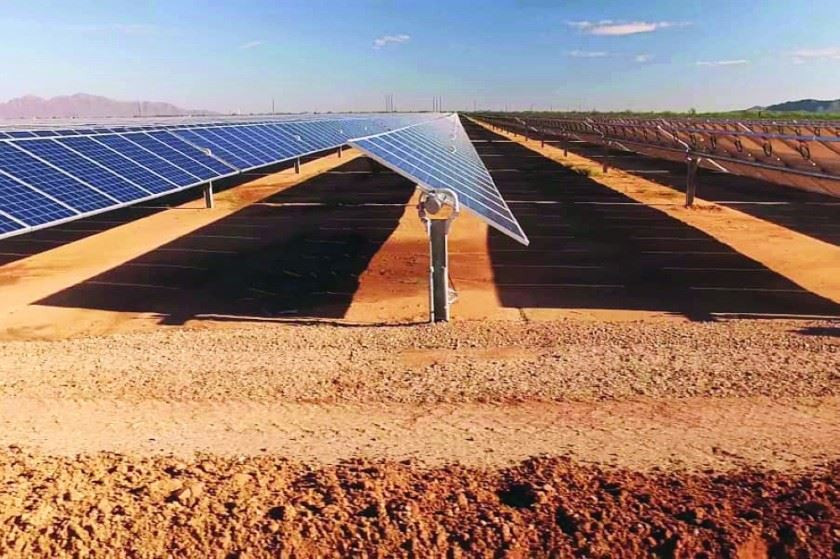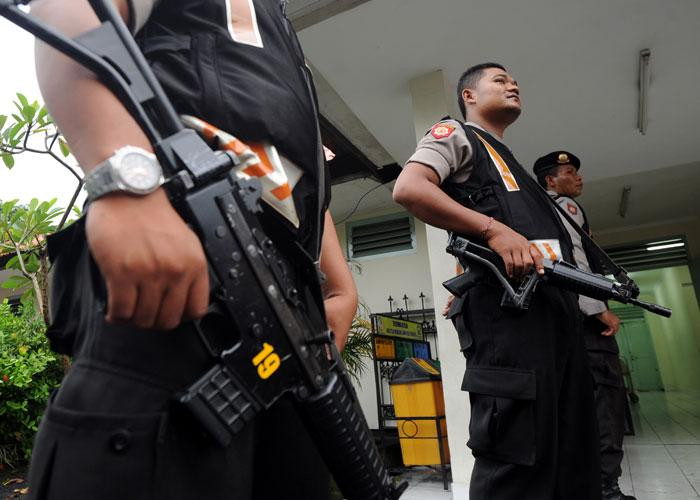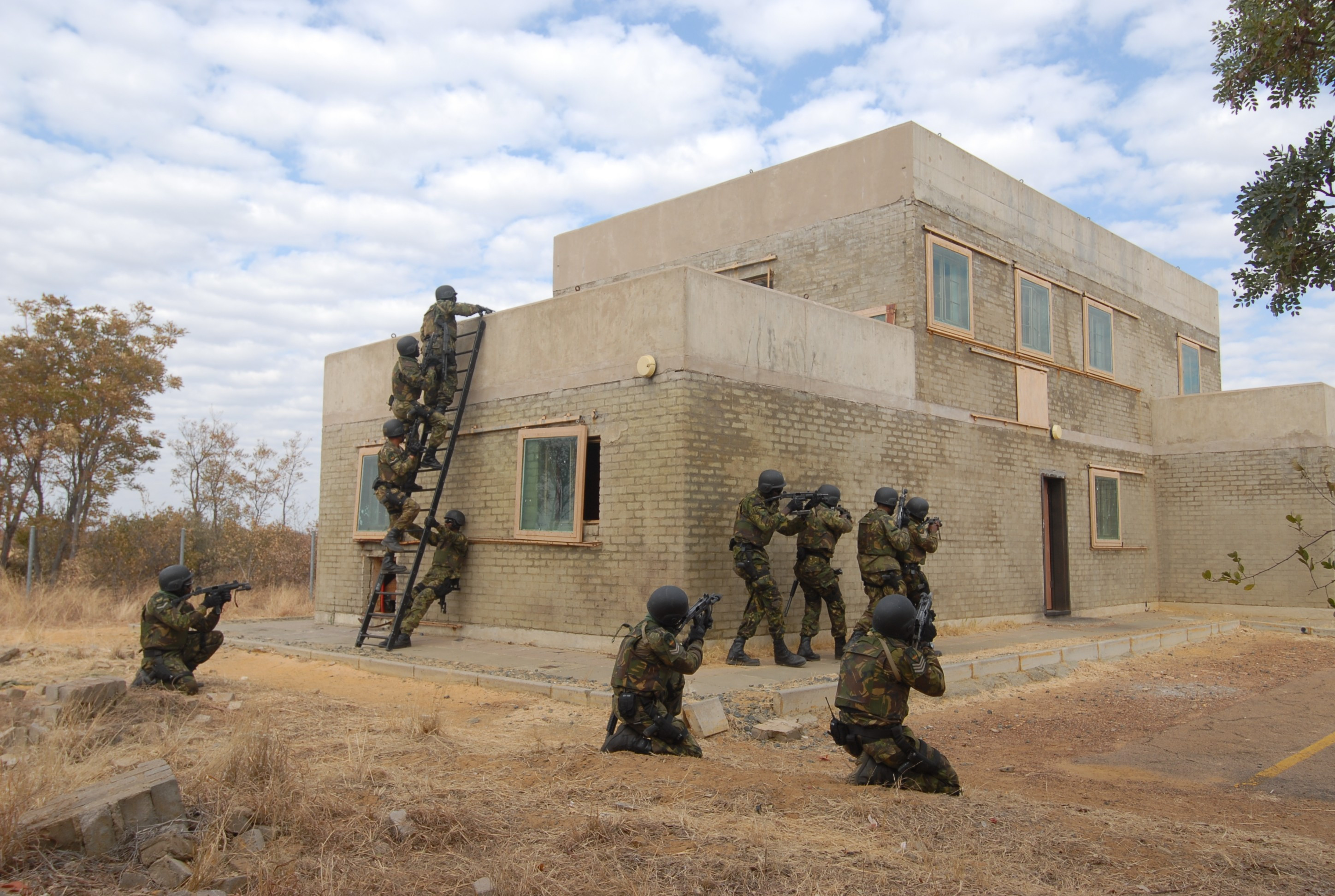Ireland's Solar Power Takes Center Stage in Latest Auction
This year’s auction saw the Irish government provisionally allocate 959.85 MW of solar across 23 projects. The final average price for PV was €0.10476 ($0.12)/kWh. This RESS auction saw Ireland provisionally allocate enough solar to power more than 200,000 homes. The provisional results of the fourth Renewable Electricity Support Scheme auction (RESS 4) in Ireland indicate that 23 solar farms will be awarded contracts, according to Irish grid operator Eirgrid.
If successful, these solar farms will deliver a combined 959.85 MW in electricity capacity to the Irish grid. This is the fourth auction that saw solar receive the lion’s share in allocations compared to onshore wind projects. Furthermore, the volume provisionally awarded to solar projects in this auction was almost double the 497 MW awarded in the previous auction, RESS 3, which was finalized in September 2023.
Is Ireland Keeping Up with the Energy Demands?
The Irish authorities also allocated 373.8 MW of wind power capacity in the procurement exercise. Eirgrid also reported that 503.9 MW of solar bids were unsuccessful under RESS 4.
While the latest auction saw a significant increase in solar capacity, questions remain about whether it's enough to meet the growing energy demands of the country. Ireland has become a hub for data centers, with companies like Microsoft, Amazon, and Google establishing bases there. These data centers consume a significant amount of energy, and their demand is expected to increase further in the coming years.
Examining the Reasons Behind the Results
The auction final average price came in at €0.09685/kWh, which is 4% less than in the previous round. The final average prices for the PV and wind technology were €0.10476/kWh and €0.09047/kWh, respectively.
Conall Bolger, CEO of the Irish Solar Energy Association (ISEA), highlighted the importance of reducing the cost of building and operating solar farms in Ireland. “Ireland remains one of the most expensive countries to build and operate solar farms,” he said. “It’s good news that we collectively have reduced the cost, but there is an opportunity to improve again, particularly in the area of how we charge people for connecting to and using the electricity system.”
Bolger also emphasized the need to analyze the reasons behind the auction results, both successful and unsuccessful bids. “Whether successful or not, these projects represent years of hard work and dedication by the companies and their advisers,” he said. “We need to understand what drove these outcomes to maximize the volumes awarded in future auctions.”
The Future of Solar Power in Ireland
The ISEA has already highlighted the issue of failure rates following last year’s auction. This year's auction was held by Ireland's electricity operator EirGrid on Aug. 28. The submission window for bidders closed at noon on the same day. It opened on Aug. 22. The final results for RESS 4 will be announced on Sept. 25. The successful projects will receive support for approximately 15 years as per RESS terms and conditions.
In total, across the first four auctions, solar has been awarded 3,788 MW, representing 68% of the national 2030 solar farm target. The success of these projects will play a crucial role in helping Ireland achieve its renewable energy targets and address the growing energy needs of data centers. The government is committed to ensuring that Ireland's energy grid is sustainable and reliable, and the continued development of solar power is a key part of that strategy.
Moving Forward: Ensuring Success in Future Auctions
The auction results indicate that the solar sector is making significant progress in Ireland. However, there is a need to address the challenges associated with connecting to the grid and ensuring the affordability of solar energy. The government needs to work with industry stakeholders to find solutions that will enable the continued growth of solar power in Ireland. This includes understanding why some projects are unsuccessful, such as those that did not qualify or were withdrawn from the process. This will be crucial in maximizing the volumes awarded in future auctions and ensure that Ireland is able to meet its ambitious renewable energy targets.




